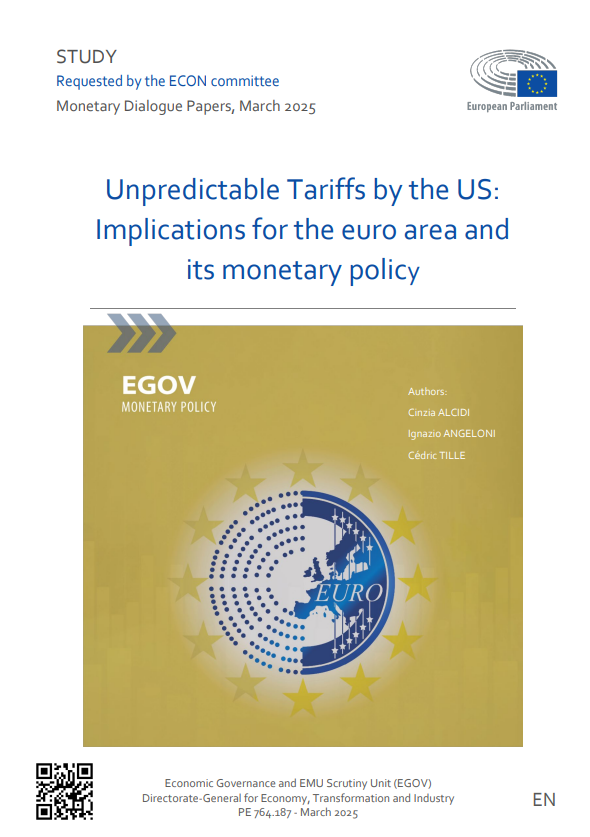The process of nominal convergence of non-euro area countries has somewhat deteriorated since 2020, driven by an amplification of pre-existing trends. While Covid-19 seems to have had limited impact on key indicators, it has made the convergence process more challenging. Uncertainty driven by the war in Ukraine is making the inflation criterion more difficult to meet and deteriorating economic prospects.
Based on data going up until April 2022, Croatia meets all legal convergence requirements and nominal criteria, for joining the euro in January 2023. The accession process for Bulgaria is behind, reflecting not only its commitment to join in 2024, but also significant legal and economic challenges. An important finding is that accession criteria have become de facto stricter than they were for countries that joined the EMU earlier.
This document was provided by the Policy Department for Economic, Scientific and Quality of Life Policies at the request of the Committee on Economic and Monetary Affairs (ECON).









